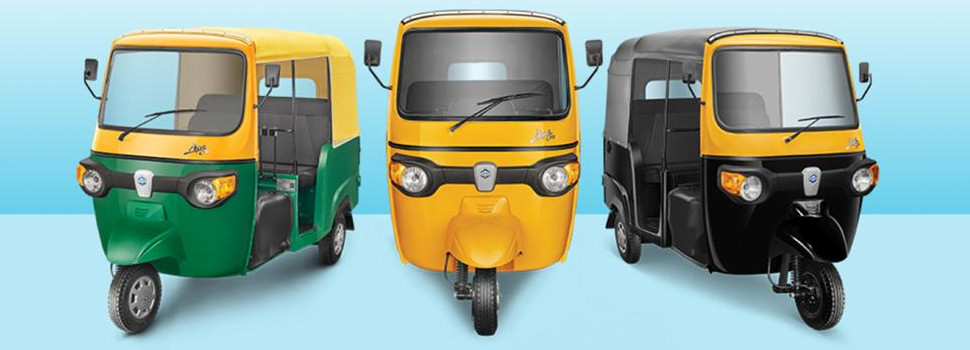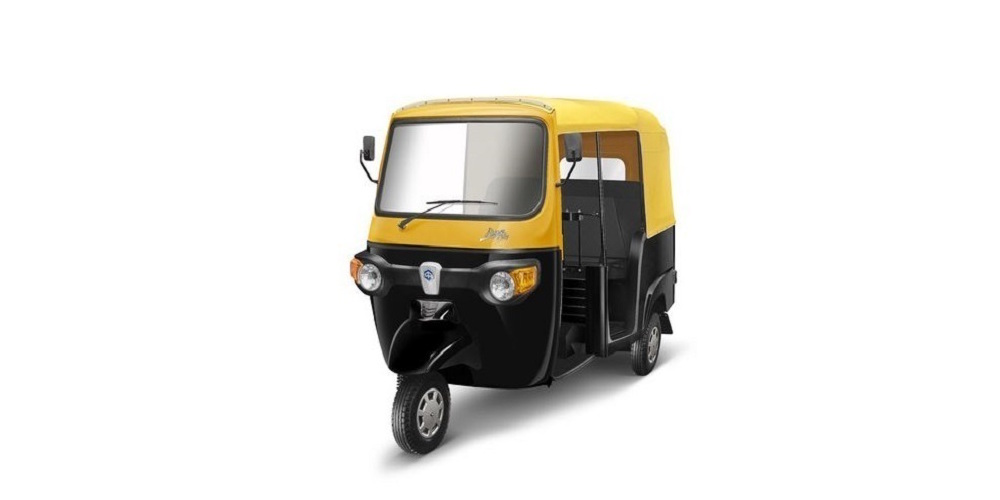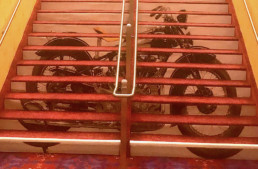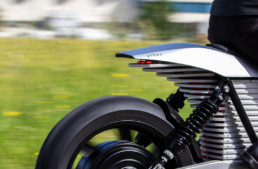Electric Vespa Conversion Kit
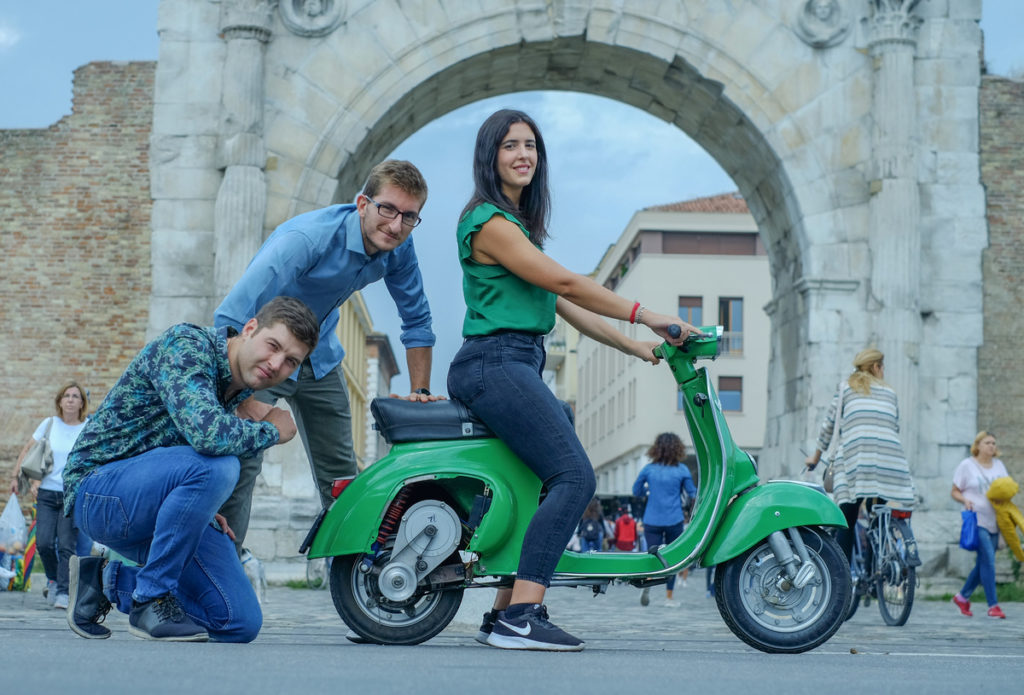
In order to minimize change to the iconic scooter’s appearance, the Rimini-based outfit opted to use an app that allows owners’ smartphones to display speed and the rest of the pertinent information instead of mounting new digital clocks. The kit does require the bulbs and horn to be swapped out, but it still uses the scooters’ original frame, wheels, and rear brake. The kit is reportedly available for the Vespa 50N, 50R, 50Special, 90, 90SS, 125 Primavera, 125 ET3 , and all PK 50 and 125.
Blacksmith B2 Concept
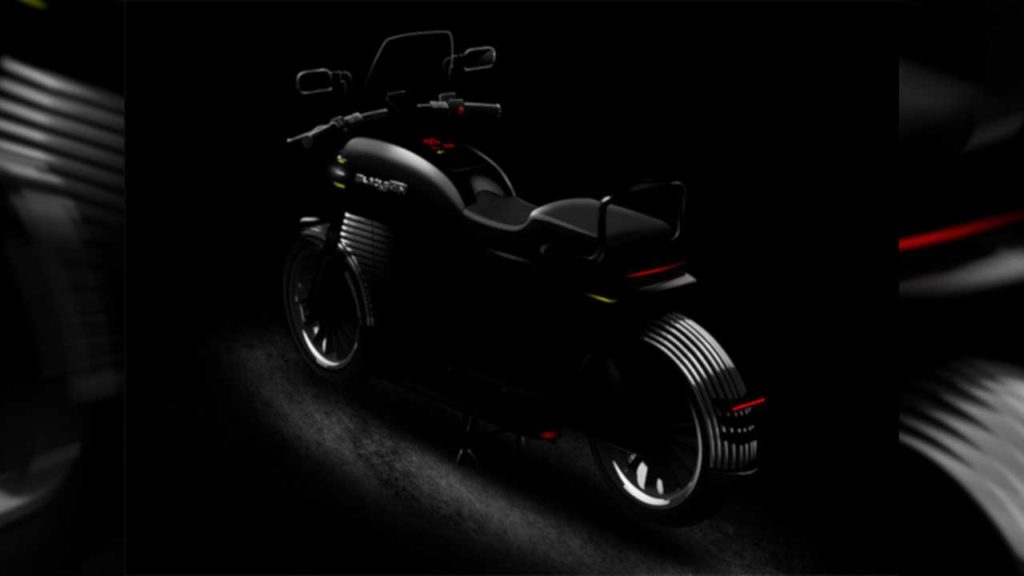
of its newest B2 Concept ebike look markedly better aesthetically.
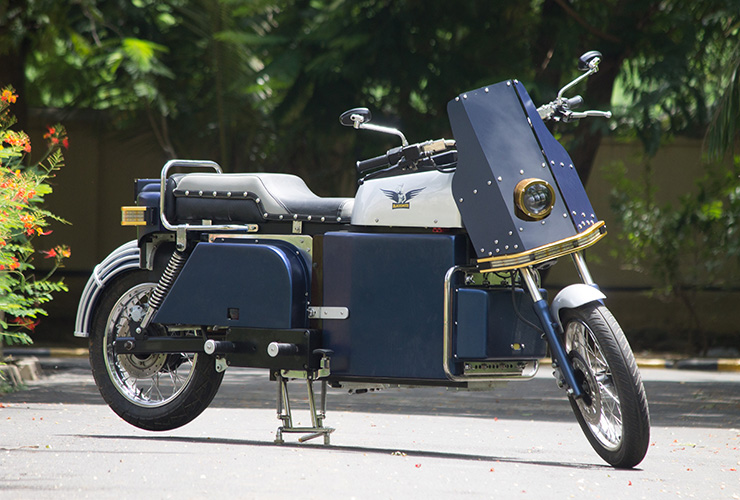
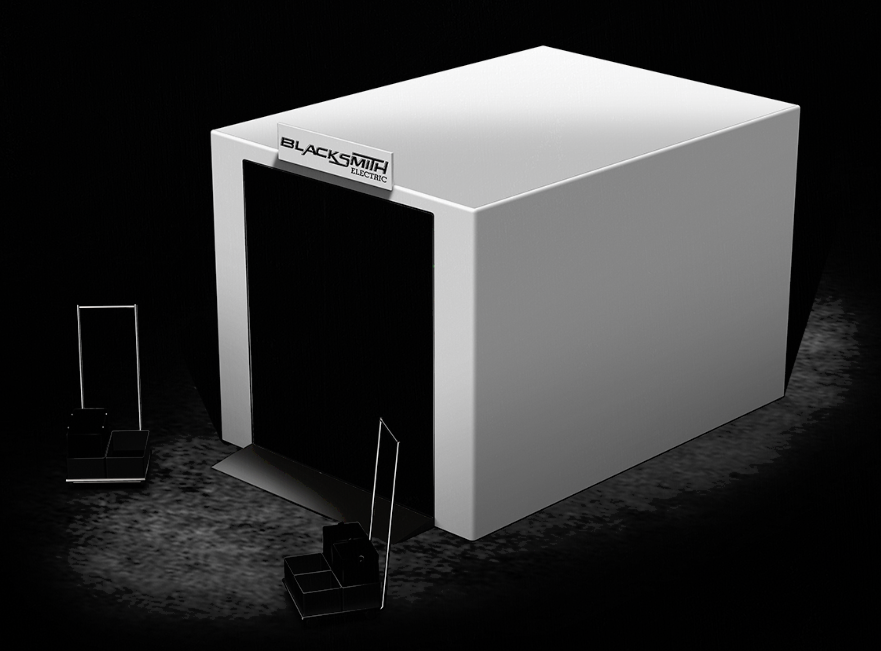
Regent NO.1 Heads To Production
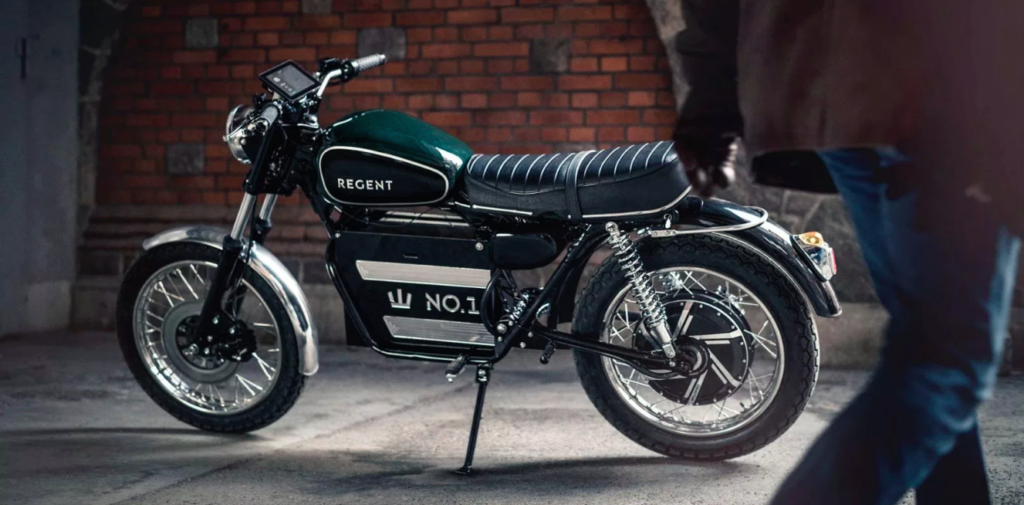

BMW Motored Introduces the “Vision DC Roadster” Concept
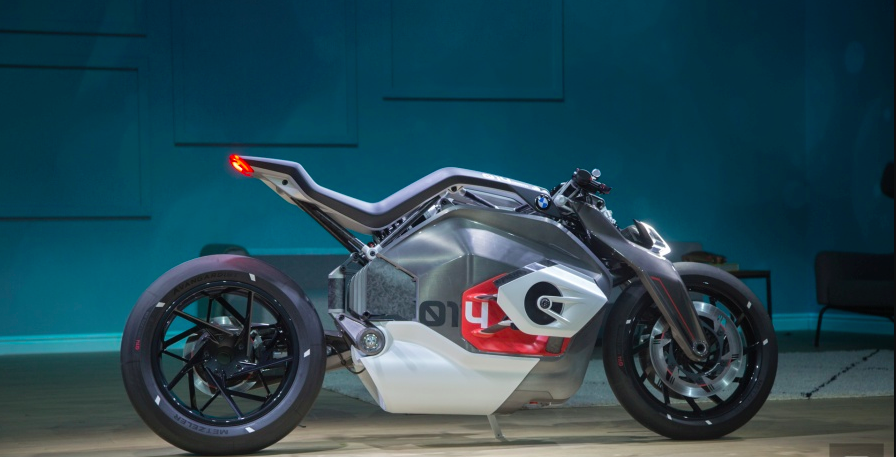
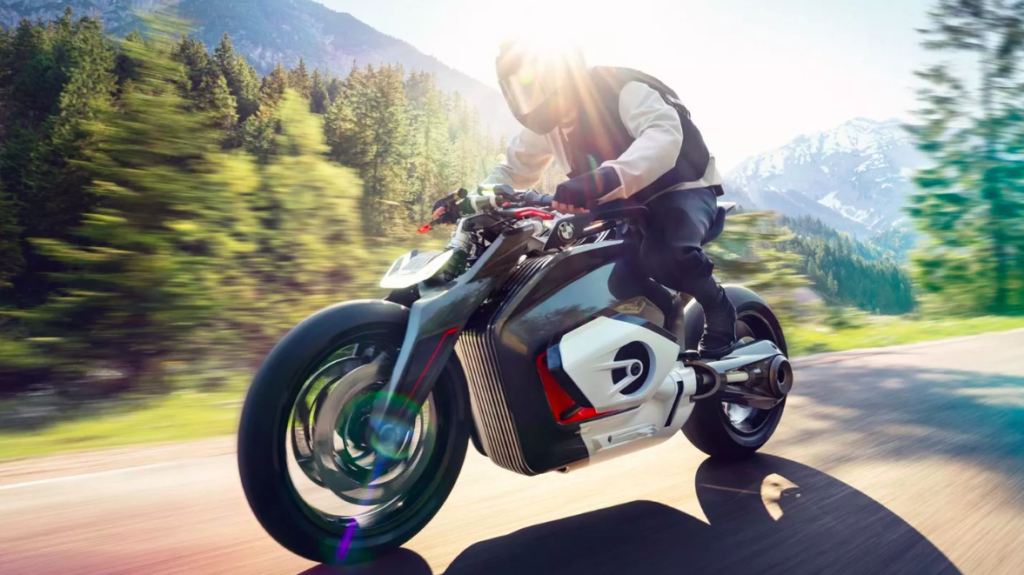
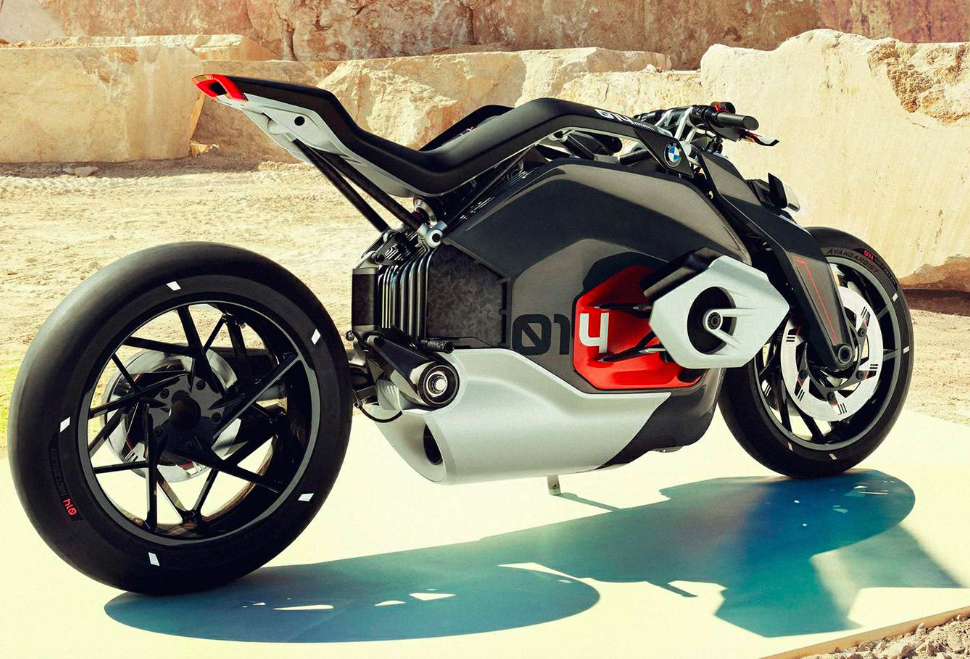
Revolt Unveils RV400 eBike (With Faux Exhaust Sounds)
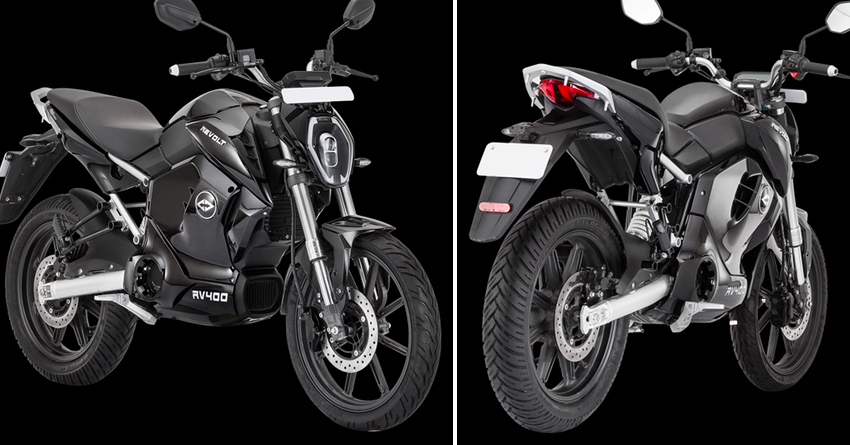
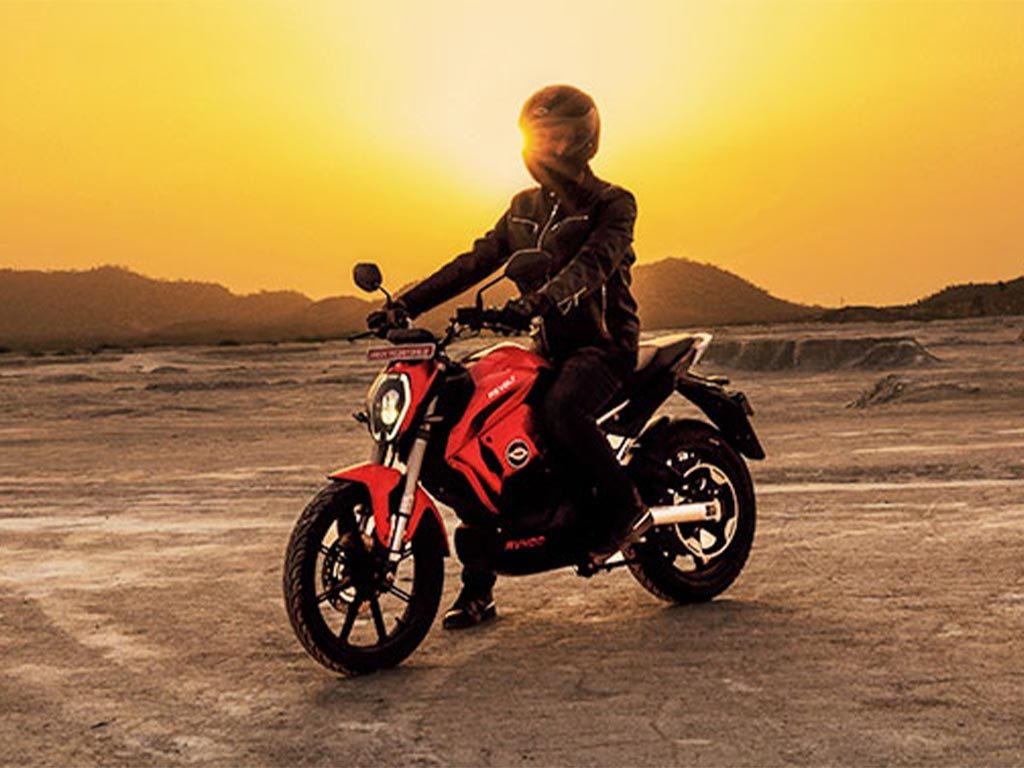
While the RV400 already has a pretty solid range, especially for city riding, Revolt aims to make buyer’s lives even easier by offering a network of swappable battery stations, like several companies we’ve recently discussed. Owners also have the option of sliding the
batteries out and charging the cells themselves via a standard wall outlet — which takes four-hours. The company also says it will provide “door-step” battery delivery, albeit for an added fee.
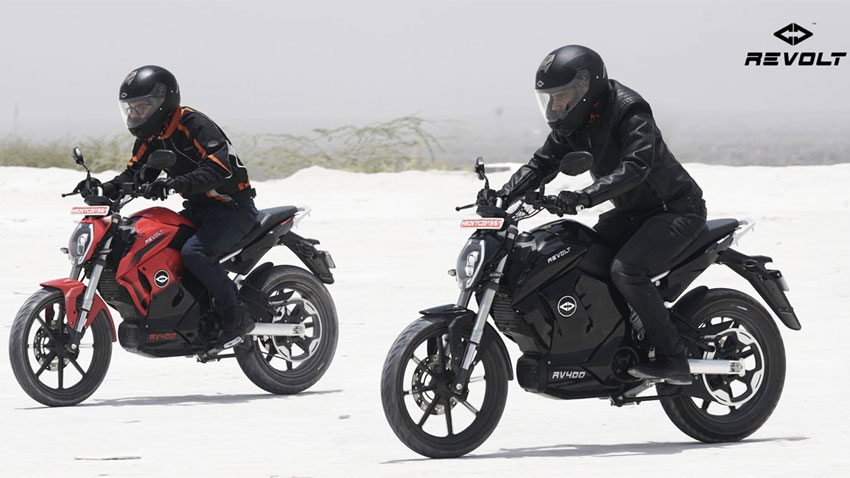
Piaggio India Invests In Electric
